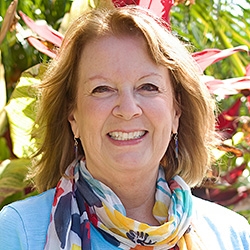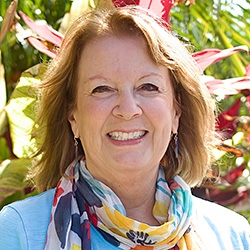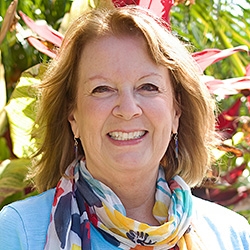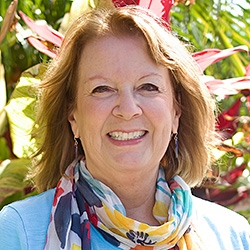
NVC Resources on Families
-
Trainer tip: NVC focuses on shared human values and needs, and encourages the use of language that increases good will -- plus avoidance of language that contributes to resentment or lowered self-esteem. It emphasizes taking personal responsibility for choices and improving the quality of relationships as a primary goal. For today, focus on making observations without moralistic judgment in at least two of your interactions.
-
Trainer tip: People often presume why something happened before checking with the other person. Instead, if we were to name the facts of what happened through observation without adding in our own judgments or reasons why we think it happened, we can more easily open the possibility for deeper connection with the other person. Read on for more on making observations.
-
In this book excerpt, Kathleen and Jared offer a path to reach deeper clarity, distinguishing between freedom and submission / rebellion.
-
Trainer Tip: Even when it's tempting to coerce or match might with might, we can strive to meet our needs without negatively affecting others. Instead of convincing anyone to do it our way or to value the same things we value, we can focus on what we value: compassion among people and valuing everyone’s needs. By doing this we are actually more likely to meet our own needs and we are better able to live peacefully.
-
This anecdote illustrates how a young man had the social awareness to consider how male conditioning may bring up competitiveness in his interactions with another man. The young man offered transparency and checked for consent in a way that shows an embodiment of power-with, togetherness, consideration, care, collaboration... and all without displaying any formal NVC training, and without looking to impress.
-
Trainer Tip: Censoring oneself to maintain peace may seem easier, but it actually requires significant energy. You can free up that energy you use to deny and stuff down your feelings, needs, desires, truth, and figure out and adjust to what others want. Embracing authenticity and expressing true feelings and needs can lead to a liberating experience, unlocking joy, love, and endless possibilities.
-
In uncertain times, when facing important life decisions, it's common to get caught up in imagining various scenarios and potential outcomes. The desire to predict and control the future often gives a false sense of security. The key is to make decisions based on the information available now, minimizing the number of irreversible choices. This approach maintains focus on what is known and prevents getting lost in the unknown. Rigor is essential, especially when familiar pathways don't align with desired values. In times of high stakes and uncertainty, such as dealing with a health crisis, the challenge is to resist the urge to speculate on countless possibilities and instead concentrate on the facts at hand. Miki Kashtan shares how staying in the present and acting on what is currently known provided a practical and grounded approach which allowed her to stay present throughout her sister's, Inbal Kashtan, journey with cancer.
-
So many of us have a habitual response of trying to eliminate uncertainty and the arrival of what we don't want. Alternatively, we can embrace the irreducible uncertainty of life. This shift from resistance and helplessness to mourning allows acceptance of outcomes, reduction of stress, and opens the door to noticing and appreciating what's present and available amidst challenges.
-
Trainer tip: Empathy, hearing feelings and needs behind someone’s words, can be incredibly healing -- and it can help us come to better understanding and resolution. Empathize with at least on person today. Read on for an example of applied empathy.
-
NVC trainer Alan Rafael Seid explores the principle of connection before solution, emphasizing the importance of understanding each other's needs before jumping to fix a problem.











